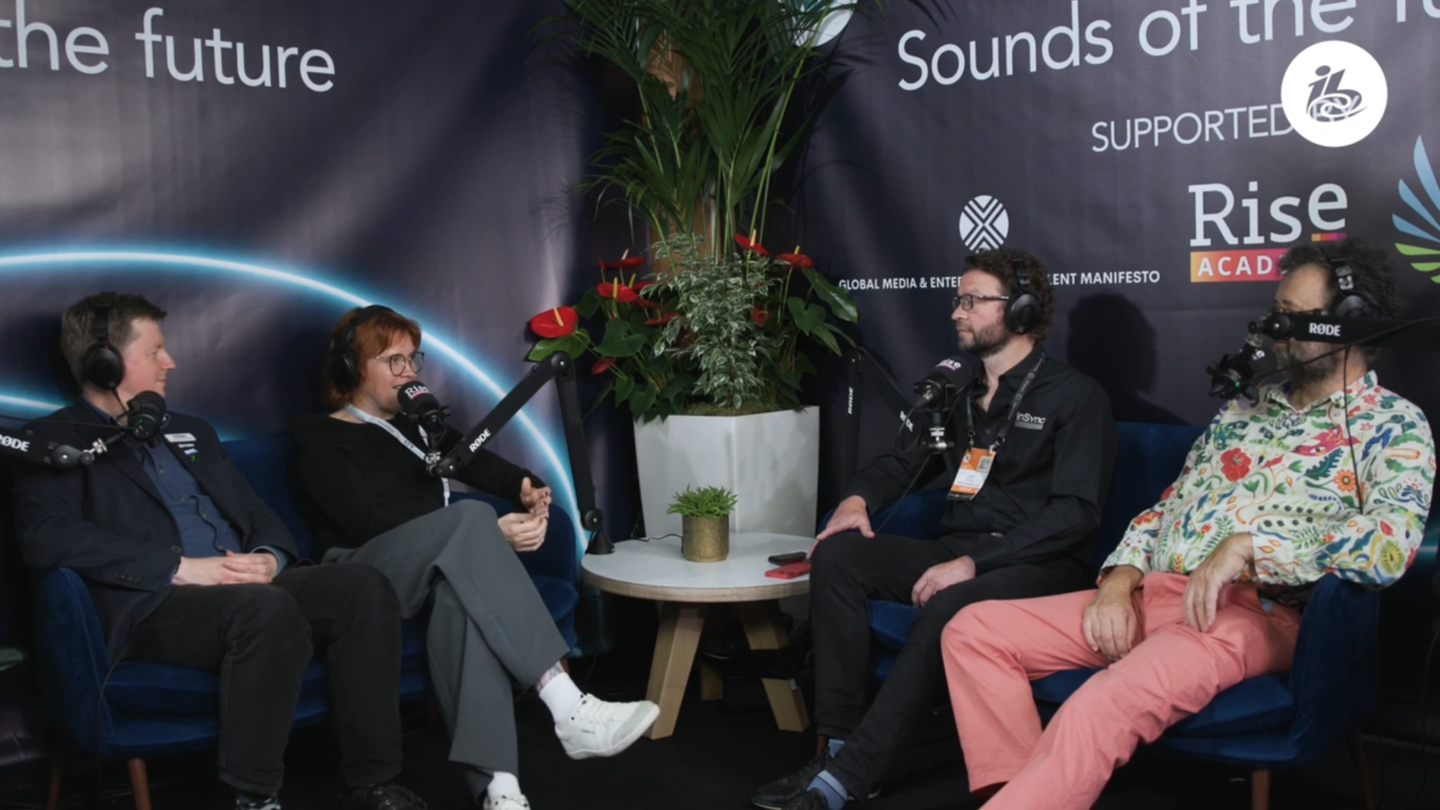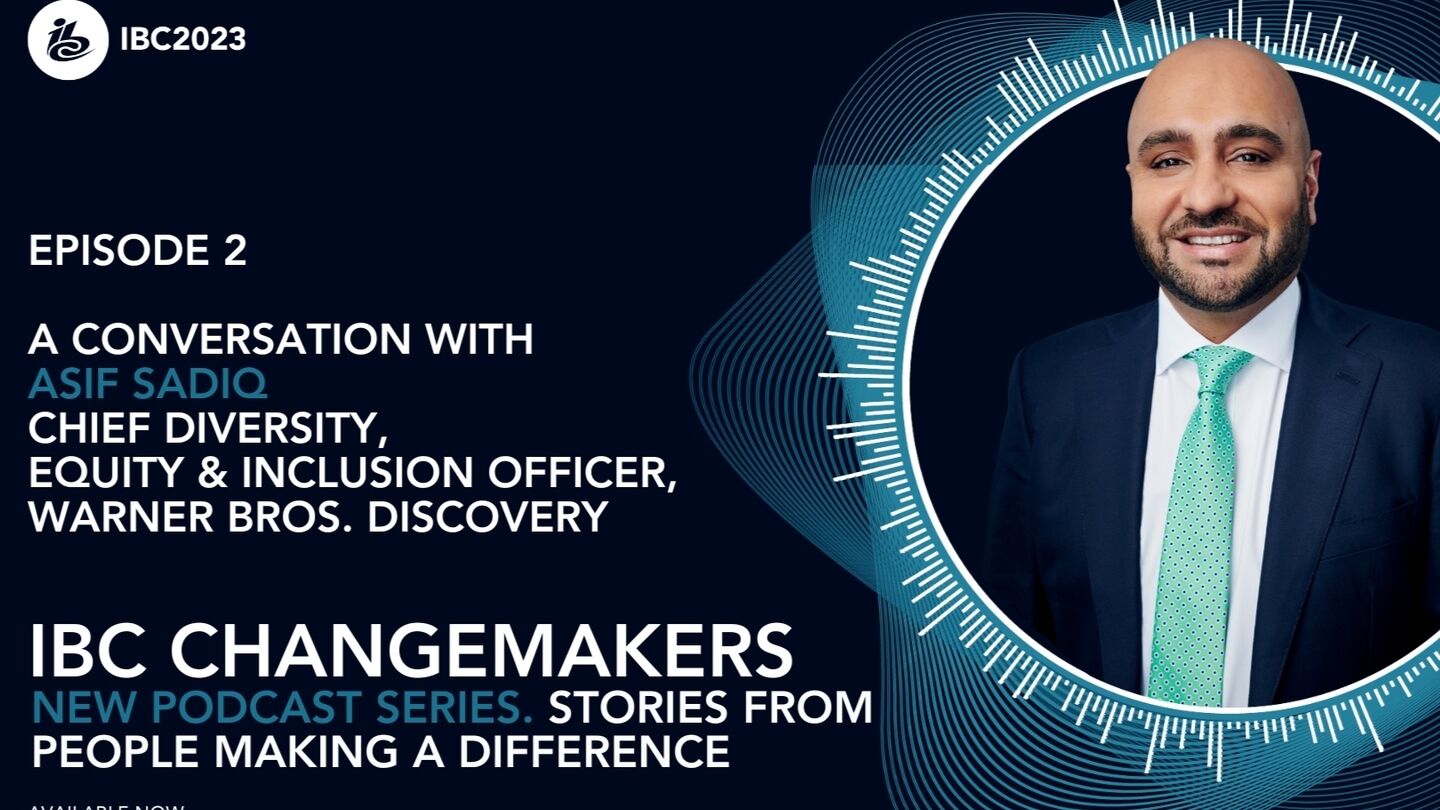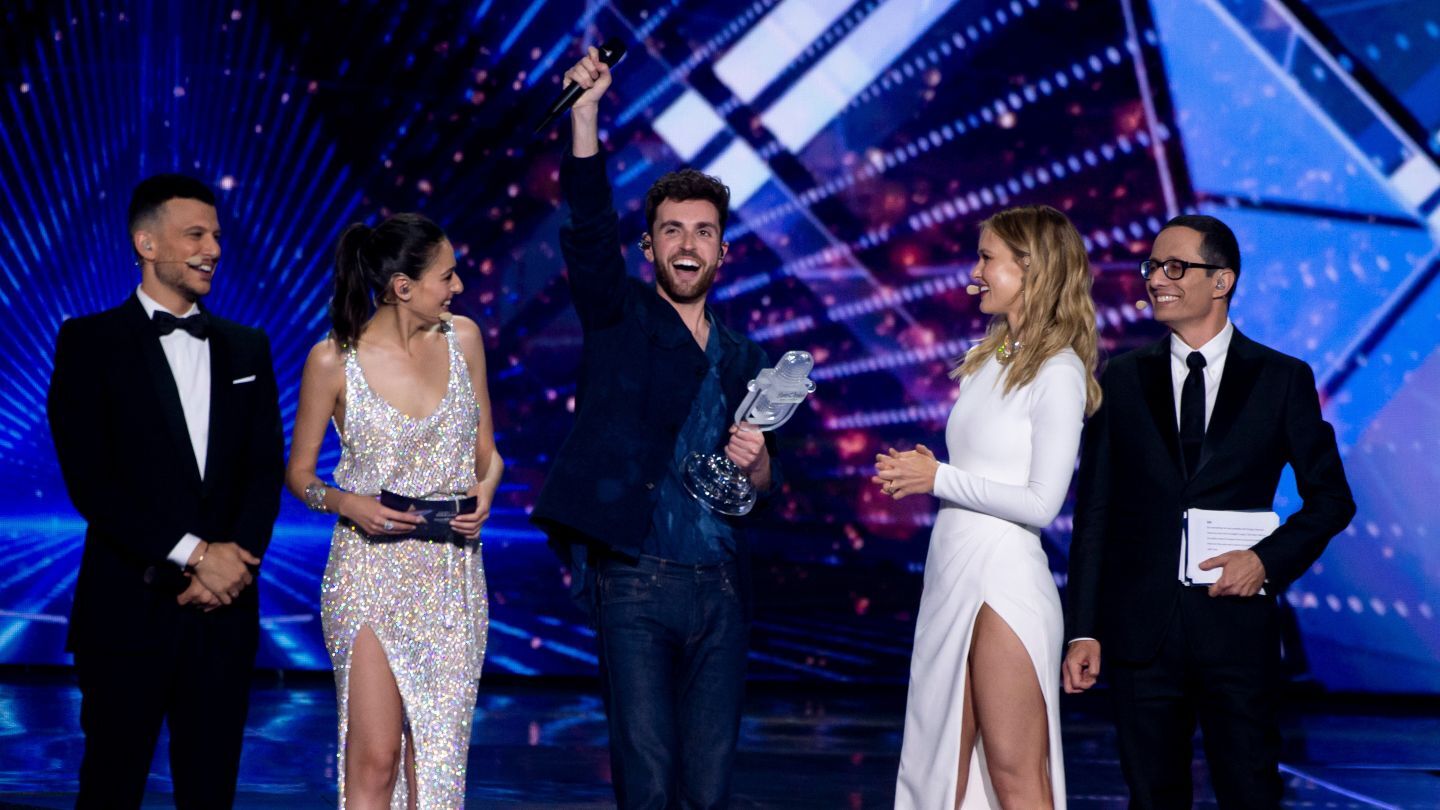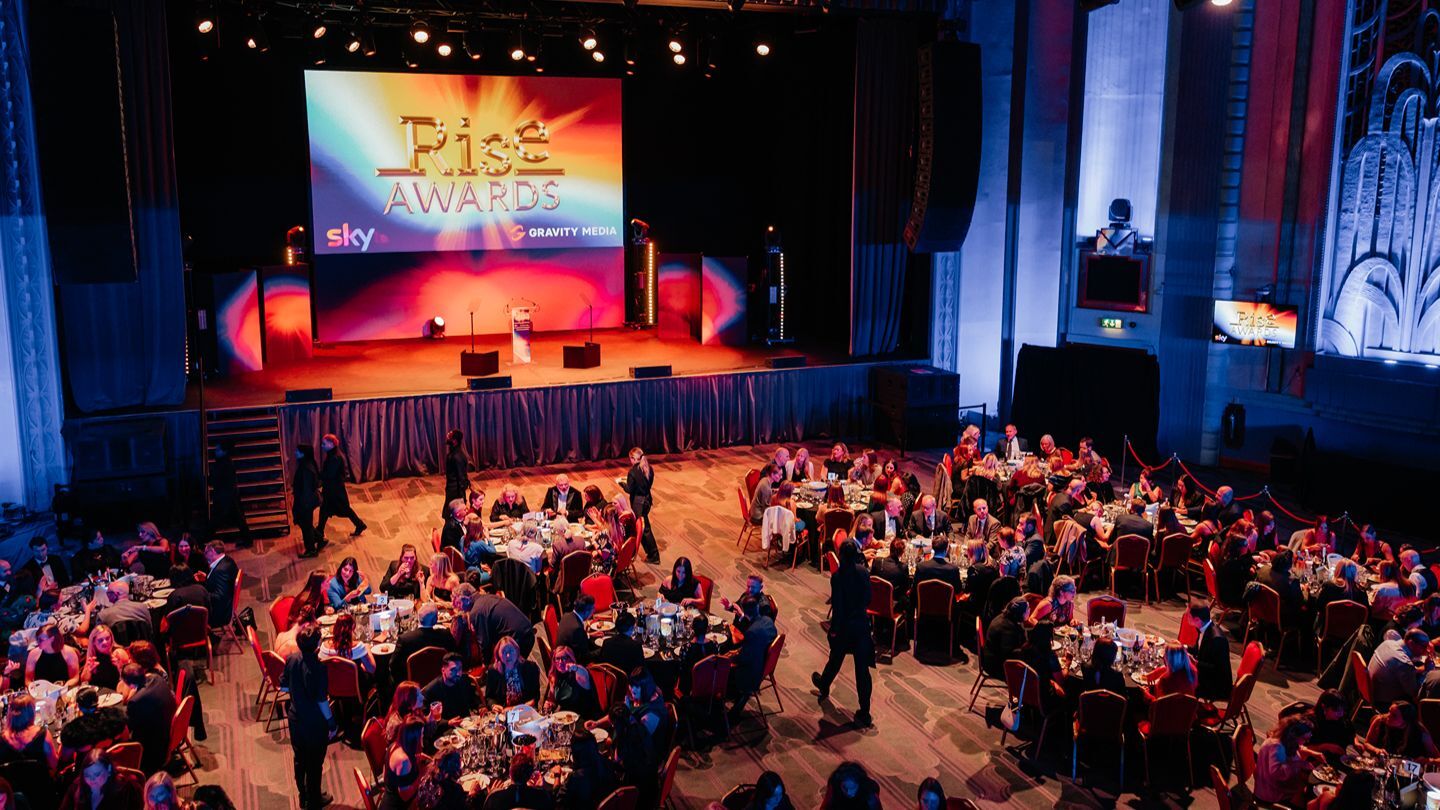In episode two of the IBC’s Changemaker series of Podcasts, Chief Diversity, Equity and Inclusion Officer at Warner Brothers Discovery, Asif Sadiq spoke with Nadira Tudor to discuss how to inspire long-term change and create policies that make a real impact.
You are not signed in
Only registered users can read the rest of this article.
Accelerating Innovation Podcast, Ep 4: A Framework for Generative AI
As generative AI charges into the content creation sector, how are production teams to face the barrage of new technologies without compromising on quality? With an eye on the future, ITV, Studio Deussen, and the University of Kent decided to answer the call with a simple, modular platform that could simplify the integration of multiple AI tools into the production pipeline.

Accelerating Innovation Podcast, Ep 3: Master Control Cloud
As live broadcasting migrates to the cloud, how can broadcasters finally eliminate lingering on-prem dependencies and still guarantee that every piece of content reaches the right destination at the right moment? From this question, the fully featured master control room for the cloud was born.
.png)
Accelerating Innovation Podcast, Ep 2: Stamping Your Content (C2PA Provenance)
When content is bountiful, but trust is scarce, how can broadcasters cut through the noise and keep their audience relationships alive? Rising to a challenge set out by IBC2025 Accelerator Champions BBC and ITN in early 2025, WDR, Sony, and RTÉ had a vision for an open-source tool that could seamlessly incorporate C2PA standards into each step of the media industry’s existing workflows.
.png)
Accelerating Innovation Podcast, Ep 1: Conquering the Air(Waves)
As end-users clamour to get ever closer to the action, how can broadcasters ensure wireless connectivity in the most challenging conditions? For Strathclyde University, Eutelsat Group, and France Télévisions, it was time to take to the sky.

IBC365 Accelerating Innovation Podcast EPISODE 7: Changing the game
Engage with the latest in seamless storytelling and transmedia, captivating new young audiences across all channels including gaming and esports.




.jpg)
.jpg)